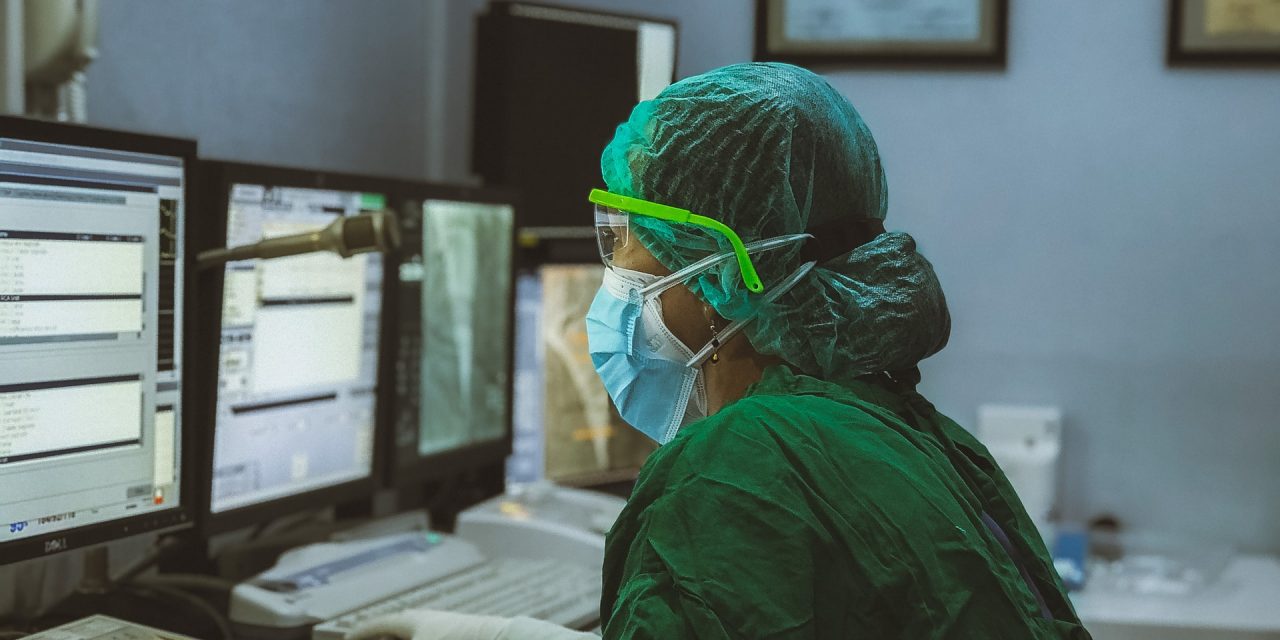
Clinical research is a branch of medical science that focuses on the development and evaluation of new treatments, interventions, or services for healthcare. It aims to improve patient outcomes, develop preventive measures, and inform healthcare decisions. It is an essential process for advancing the practice of medicine and ensuring high-quality care for patients. Let’s take a closer look at what clinical research is and how it works.
What Does Clinical Research Involve?
Clinical research typically involves conducting studies on human subjects in order to evaluate the efficacy of treatments or to determine whether certain interventions are beneficial or harmful. These studies can involve administering drugs or other treatments, interviewing patients about their experiences with a particular treatment or intervention, collecting data from existing medical records, or surveying people in a population to measure the prevalence of certain conditions. The results of these studies are used to determine if a particular treatment or intervention is effective and safe for wider use.
In addition to evaluating existing treatments and interventions, clinical research also focuses on developing new treatments and therapies. This process often involves conducting pre-clinical trials in laboratory settings before testing them out in humans. Once potential new treatments have been tested in laboratories, they can then be tested on human subjects through clinical trials—the final step before determining whether a new treatment can be approved for widespread use.
Types of Clinical Research Studies
The types of clinical research vary depending on the purpose of the study—whether it’s to test out a new drug or intervention or simply gather information about existing trends in healthcare—but they all involve rigorous protocols that must be followed closely by researchers involved in the study. Some common types of clinical research studies include randomized controlled trials (RCTs), observational studies, case-control studies, cross-sectional surveys, cohort studies, qualitative interviews, etc. Each type has its own specific set of protocols that must be followed in order to ensure accurate results and protect participants’ safety and privacy rights throughout the duration of the study.
There are several stages involved in clinical research. First, there is preclinical testing which involves testing on animals to determine whether a drug or treatment has potential for success in humans. After this initial stage, researchers move onto clinical trials where they gather data from volunteers who have agreed to participate in the study. This data is then analyzed to determine if the drug or treatment has met its desired outcomes safely and effectively. Finally, once all safety concerns have been addressed satisfactorily, regulators such as the FDA can approve it for human use.
Clinical research plays an essential role in improving patient outcomes by helping us better understand diseases and develop more effective treatments. By conducting careful experiments with rigorous protocols designed to protect participants’ safety and privacy rights during each stage of the study, we can ensure that our findings are accurate and reliable so that we ultimately make informed decisions about how best to treat our patients moving forward.





